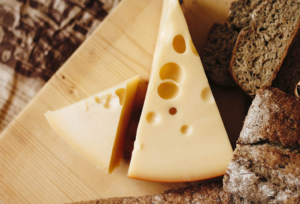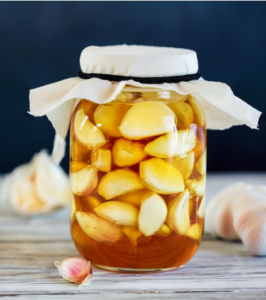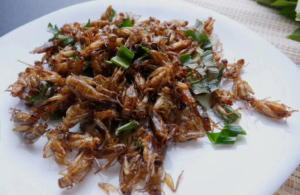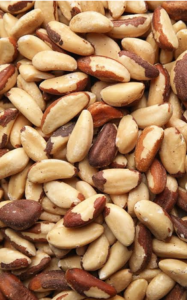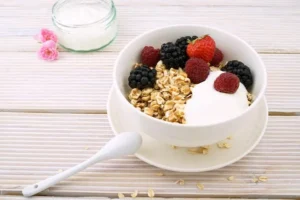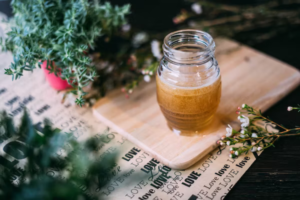Plant-based diets have gained a lot of attention and are a growing trend around the world. Plant-based diets are rich in fiber and for the most part: sustainable. Today we discuss a plant-based food that is prepared quite differently but is very healthy and sustainable. Yes, fermented cashew cheese is a thing and is very readily available. Whether you’re a vegan, lactose intolerant, or simply curious about exploring new culinary horizons, this dairy-free delight offers a world of benefits, history, and flavors to explore.
The Making of Cashew Cheese
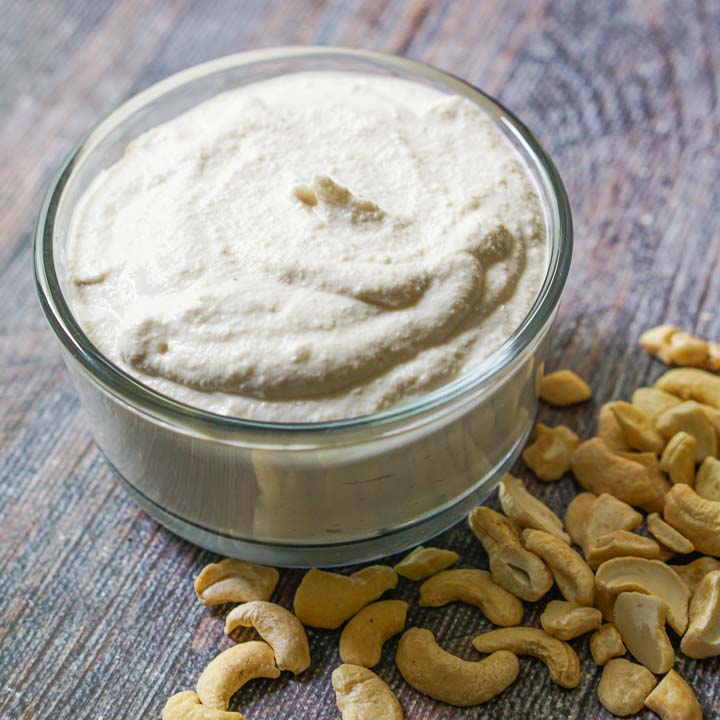
Fermented cashew cheese is an alternative to traditional cheese that is derived from cashew nuts. That’s it, it’s that simple. To learn more, let’s see the steps on how they are usually prepared.
- Soaking: This is something you cooks must be doing at home too. Raw cashews are left to soak in water so that they become soft and easy to blend.
- Blending: After that, they are mixed with water, lemon juice, probiotics(for fermentation), and flavorings The soaked cashews are then blended with water, lemon juice, probiotics, and flavorings such as nutritional yeast, garlic, and herbs. This mixture creates the creamy, tangy base of the cheese.
- Fermentation: The blend is then allowed to ferment at a controlled temperature, which allows the probiotics to work their magic. This adds complexity to the flavor that you notice in regular milk-made cheese.
- Flavor Development: Additional flavorings and seasonings can be added to make more varieties just like you have in cheddar, brie, or blue cheese.
Benefits of Fermented Cashew Cheese

- Dairy-Free: If you are vegan or have lactose intolerance, this is a great option for you to add to your morning bread.
- Rich in Healthy Fats: Cashews are known to be rich in monosaturated fats that are good for heart health, thus a great alternative anyway.
- Probiotics: The probiotics used during fermentation, can further help to develop good gut bacteria, which would contribute to your gut health and improve digestion.
- Versatility: You can use it anywhere, from bread to pizza slices to burgers and so on.
A Rich History
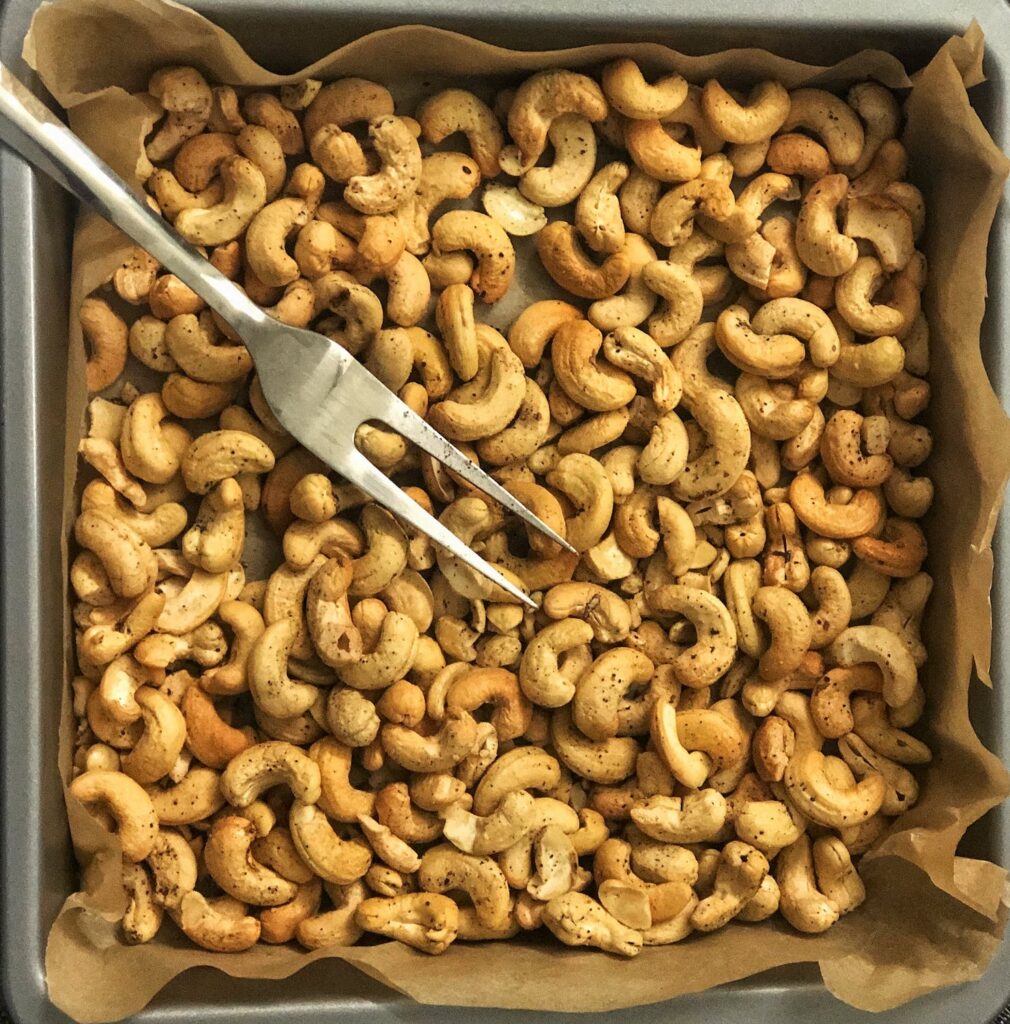
Cashew cheese might be a modern thing, but the use of cashews in various culinary fields is actually quite old. Cashew trees were native to South America, where they have been grown for centuries. They then made their way to India, where they were embraced as all sorts of cooking embellishments. It’s in India that the concept of using cashews to create a cheese alternative likely originated and with time was embraced as a healthy alternative to animal cheese by vegans all around the world.
Sustainability and Cashew Cheese
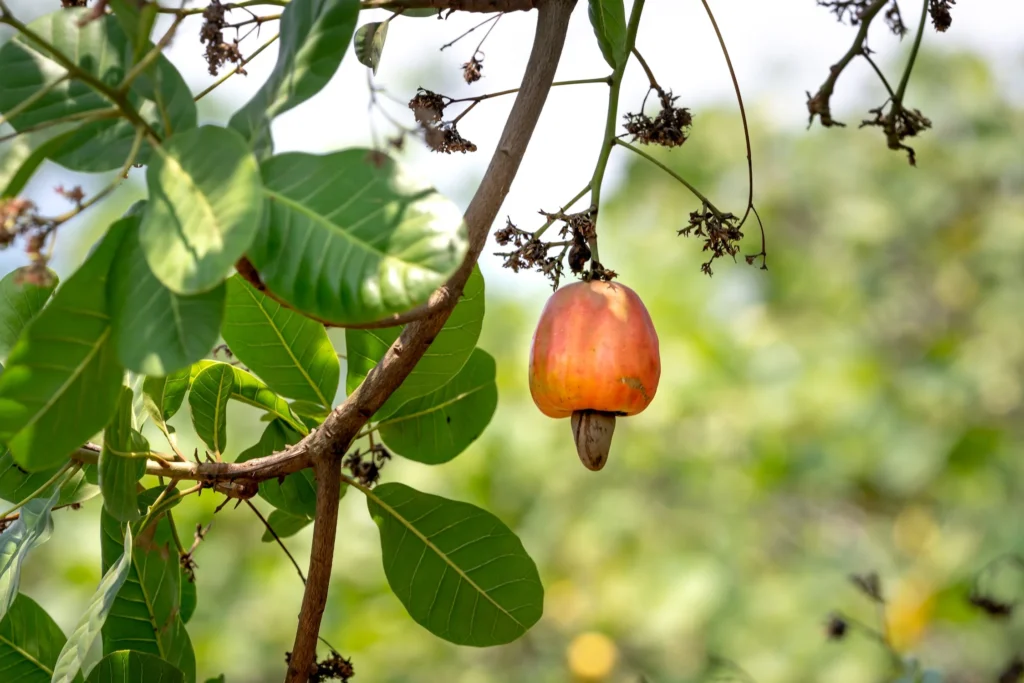
Cashews are an excellent choice when it comes to sustainability. Cashew trees can thrive in tropical regions, even in poor soil conditions, thus reducing the need for any excessive use of fertilizers. Moreover, cashew cultivation can encourage agroforestry practices, thus helping combat deforestation and promoting biodiversity. Also, the cultivation of cashews leads to much less emission of greenhouse gases as compared to cheese cultivation, thus keeping the planet green yet again.
Fermented cashew cheese is more than just a cheese alternative, it’s a whole new dish in itself. It can be a good addon to your already existing peanut butter spread. So give it a try and let us know how it goes for you.
